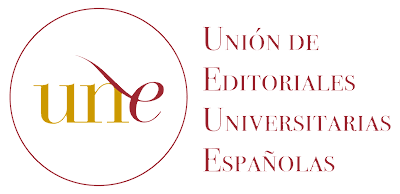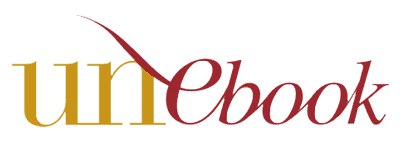Ethical commitment and code of good practices
Revista Archivo Hispalense
ETHICAL COMMITMENT
Our journal will publish original articles of proven scientific quality. Strict care will be taken so that bad practices do not occur in scientific publication, such as the distortion or invention of data, plagiarism or duplicity. The authors have the responsibility to guarantee that their works are original and unpublished, the result of the consensus of all the authors, that they comply with current legislation and have the necessary permits, if necessary. Articles that do not meet these ethical standards will be discarded. The opinions and facts contained in each article are the sole responsibility of their authors.
In any case, taking as a reference the main international recommendations and, in particular, those of the Committee on Publication Ethics (COPE), we will try to guarantee at all times that the behaviors are appropriate, as well as relegating any bad practices that may occur.
CODE OF GOOD PRACTICES
The development and proper functioning of scientific journals has been accompanied by the growing tendency of some excellent journals to make public both the publication standards and their Code of Good Practices, thus guaranteeing ethical behavior in the internal operation of the editorial teams, in their relationships with authors and evaluators, and in the evaluation and editing processes. On an international scale, the Committee on Publication Ethics (COPE) works to help the editorial boards of scientific journals to maintain appropriate behavior and to prosecute bad practices. In this context, and taking into account the main international recommendations, Archivo Hispalense considers it necessary to publish a code of good practices, in order to make the internal operations of our Advisory and Editorial Boards more transparent and predictable. We believe that this will contribute to improving our editorial processes and also to preventing and regulating the resolution of conflicts of interest that inevitably arise in these processes.
OBJECTIVES OF THE CODE OF GOOD PRACTICES OF THE HISPALENSE ARCHIVE (AH)
- Adapt editorial practices to the recommendations of the main bodies and institutions of reference in quality control of journals (COPE, FECYT).
- Systematize and make public the editorial criteria followed by AH, especially with regard to possible conflicts of interest.
- Increase transparency in AH decision-making both within the Councils and in relationships with authors and reviewers.
ABOUT THE EDITOR AND THE EDITORIAL BOARD
Both the Editor and the members of the Editorial Board must:
- Actively seek to improve the quality of AH in all aspects, both scientific and editorial.
- Establish means to know the opinion that authors, readers and evaluators have about the journal and introduce the improvements that are considered appropriate.
- Maintain absolute confidentiality on the materials received and on the discussions in the decision-making processes.
- Launch initiatives to promote ethical behavior in research and publication of works and establish processes to report and penalize inappropriate behavior (plagiarism, double submission of manuscripts, data manipulation, erroneous or inappropriate citations...)
- Put the interests of AH above personal interests in the event of conflicts of interest. This translates into the absolute abstention of any member of the Council in making decisions about the work of colleagues in the department and people with whom they maintain hierarchical relationships (in any sense), of co-authors, members of the same research team, family members, friends , and, in general, of people with whom it maintains collaborative relationships or clear professional competence.
DECISION-MAKING WITHIN THE EDITORIAL BOARD
Council members who have invited or suggested a researcher to send their work to AH must notify the Editor and the rest of the Council. Upon receiving an article, the members of the Council who consider that their opinion on the work (due to its author or theme) may be influenced (positively or negatively) by their own interests, must inform the Editor, and refrain from evaluating it. It is the task of the Editor and the rest of the members of the Council to ensure that evaluations are not produced where a possible conflict of interest may be incurred.
The decisions of the Editorial Board are based on the quality, the relevance of the work and its adaptation to the formal norms of AH, avoiding any other value judgment that has nothing to do with these criteria. The books to be reviewed by the magazine are selected according to quality and relevance criteria. When the author of the book is a member of the Editorial or Advisory Council, it will never be reviewed by another member of said Councils.



